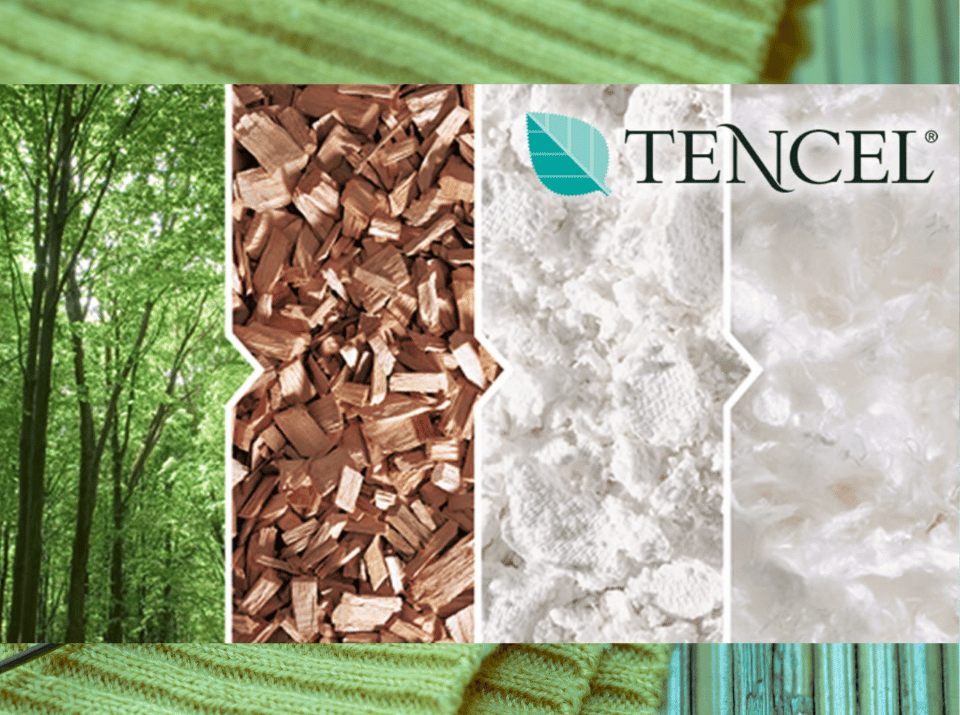
Tencel
Share
Tencel, also known as lyocell, is a sustainable fabric made from the pulp of eucalyptus trees. But what makes Tencel so special?
Environmentally Friendly Production Process
Unlike traditional cotton production, Tencel uses a closed-loop process where 99% of the chemicals and solvents are recycled and reused. This results in a significantly lower environmental impact compared to other fabrics.
Moisture-Wicking and Breathable Properties
One of the key benefits of Tencel is its moisture-wicking properties, making it ideal for activewear and bedding. Tencel can absorb moisture efficiently, keeping the skin dry and cool. In fact, Tencel is 50% more absorbent than cotton.
Soft and Gentle on the Skin
Due to its ultra-fine fibers, Tencel is incredibly soft and gentle on the skin. This makes it a popular choice for those with sensitive skin or allergies. The smooth surface of Tencel also reduces friction, preventing skin irritation.
Durable and Long-Lasting
Despite its softness, Tencel is surprisingly durable. The strong fibers make Tencel garments long-lasting, reducing the need for frequent replacements. This durability also contributes to the sustainability of Tencel as a fabric.
Biodegradable and Compostable
At the end of its lifecycle, Tencel is fully biodegradable and compostable. This means that Tencel garments can naturally decompose without leaving behind harmful residues, further reducing its environmental impact.
Next time you're looking for a sustainable and versatile fabric, consider Tencel for its eco-friendly production process, moisture-wicking properties, softness, durability, and biodegradability.
